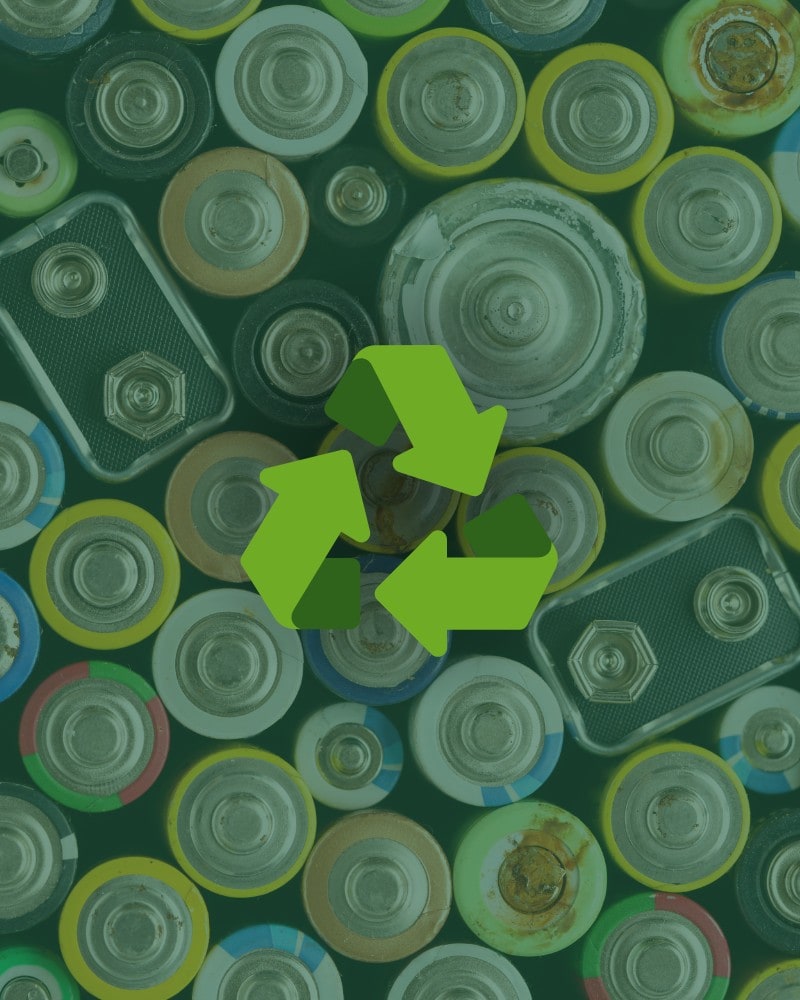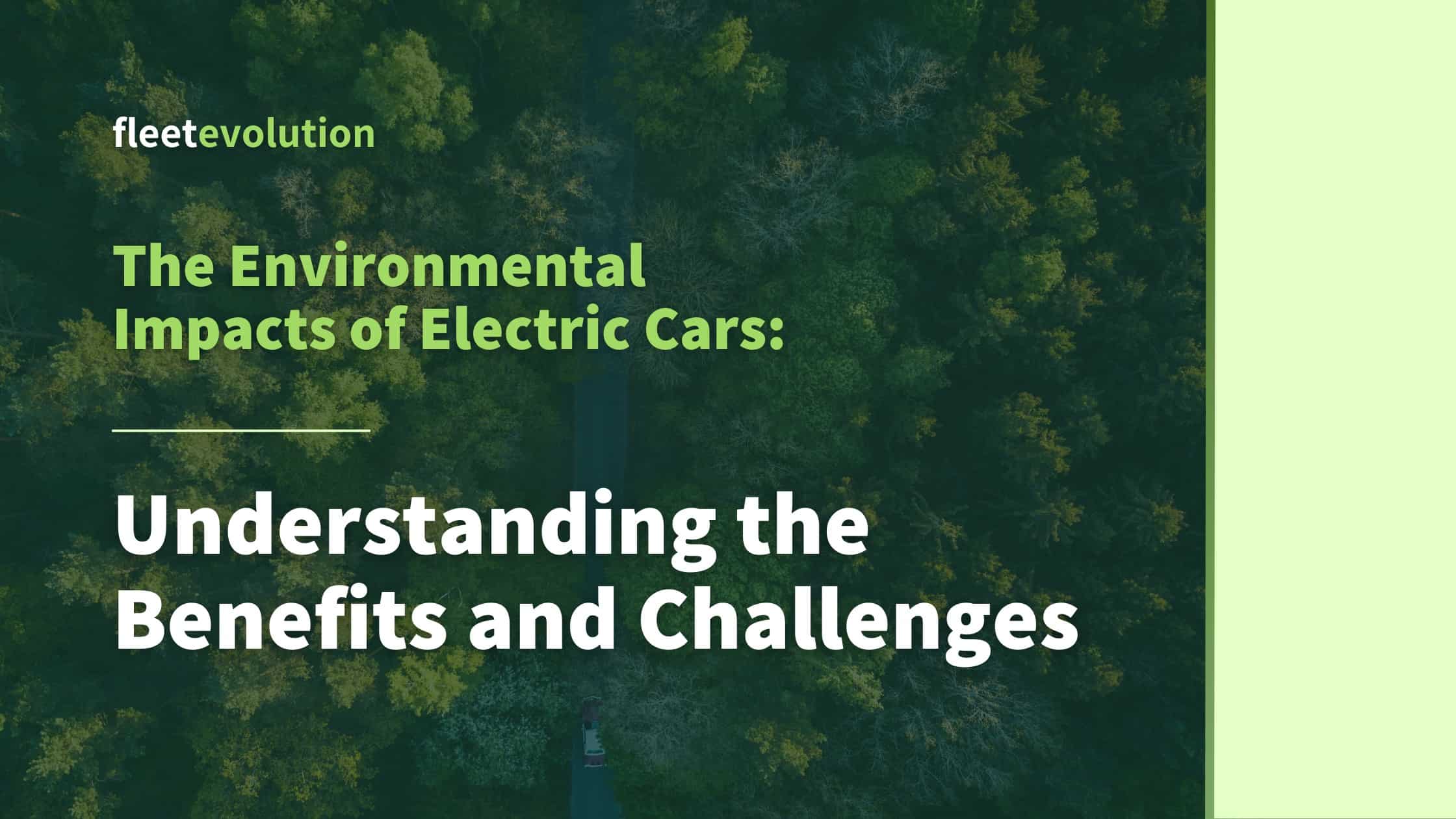The Environmental Impact of Electric Cars: Understanding the Benefits and Challenges
Electric cars are only growing in popularity. You can’t leave the house without seeing a good handful on your journey. As global warming threatens our future, shifting toward electric vehicles (EVs) is a great step towards reducing our carbon footprint and minimising the effects of climate change. However, it’s important to consider the benefits and challenges of electric cars.
Key Takeaways
- Electric cars significantly reduce greenhouse gas emissions.
- The environmental impact of EVs goes beyond driving emissions.
- Integrating renewable energy is crucial to leverage the full benefits of electric vehicles.
The Benefits of Electric Cars for the Environment
Did you know that one electric car can save about 1.5 million grams of CO2 annually? Emitting no tailpipe pollutants, EVs foster cleaner air, enhancing life quality in dense areas. Electric cars also lower noise pollution, making busy city spaces quieter.
Want to find the perfect EV to suit your needs? Explore our Quote Engine here and discover what you’ve been missing.
The Role of Renewable Energy in Enhancing EV Benefits
The impact of electric cars extends to how they’re powered. Integrating renewable energy into the grid is essential, making the operation of EVs greener. The gris now uses around 40% renewable energy; so, as the grid evolves, the lifecycle emissions of EVs will further decline, emphasizing their role in a sustainable future.
Have you thought about setting up a green car scheme? Green your business and Set Up Your Scheme today.
Transitioning to electric vehicles marks a significant step towards a greener planet. Understanding both benefits and challenges is key to making environmentally responsible decisions. For drivers considering the switch, check out our Employee Guide to determine if the scheme and electric cars are right for you. (Spoiler: they are!)

The Environmental Impact of Lithium-ion Batteries
Electric vehicles are on the frontline of the battle against climate change, promising a cleaner, greener future. However, their heartbeats—lithium-ion batteries—come with environmental baggage. Lithium extraction often involves mining practices that can lead to water pollution and habitat destruction. Similar concerns arise with cobalt, another critical material, which has been linked to ecological degradation and ethical controversies.
The process of manufacturing these batteries is not just complex; it’s energy-hungry. From mining raw materials to the battery production line, the energy consumption is substantial, contributing to the overall carbon footprint of electric vehicles. This paradox challenges us to think critically about our solutions to environmental problems, ensuring they don’t create new ones in their wake.
Energy-Intensive Manufacturing Processes
Creating an electric car is not as simple as swapping out a fuel tank for a battery pack; it requires a radical redesign and a whole new manufacturing approach. The catch? This process gobbles up a whole lot of energy. The heart of the issue lies in the production of lithium-ion batteries. They are the crown jewels of EVs, yet their creation demands a significant amount of electricity, often sourced from fossil fuels.
While it’s true that the production of EVs does generate carbon output, remember that their emissions output ends once the vehicle leaves the factory. From that point, when you’re driving your EV on the road, you’re enjoying emissions-free motoring. What a contrast to traditional vehicles that continue to emit harmful substances throughout their lifetime!
So, while the manufacturing process of EVs may produce some carbon, the overall environmental impact is substantially reduced when compared to conventional vehicles. Therefore, driving an EV allows you to enjoy a smooth, quiet ride. You also experience the peace of mind that comes from knowing you are reducing your carbon footprint and contributing to a cleaner, healthier planet.
Innovations in Battery Technology and Recycling
Despite these challenges, there’s a silver lining. The EV industry is not standing still; it’s racing towards sustainability. Innovations in battery technology, such as the development of solid-state batteries, promise to deliver safer, more efficient, and longer-lasting power sources, all while reducing environmental impact. But the real game-changer could be in recycling. With EVs set to dominate roads, the end-of-life plan for their batteries becomes crucial.
The Faraday Institution’s ReLiB project is focused on recycling and reusing batteries from electric vehicles (EVs). By 2030, around 28,000 tonnes of EV batteries will need to be recycled. ReLiB is working on creating recycling methods that can be scaled up. These methods will comply with regulations, adapt to new battery types, and use Industry 4.0 opportunities. The project aims to establish a top UK EV battery recycling industry, make battery supply chains sustainable, and help the switch to electric vehicles.
These innovations are paving the way for a more sustainable EV ecosystem, demonstrating that with the right focus and investment, we can drive towards a cleaner future.
Are you ready to make your fleet more sustainable? Set up your green scheme today!

Government Policies and Incentives
Government actions are crucial in minimizing the environmental footprint of electric cars. Incentives, investments in renewables, and battery recycling regulations are vital for a sustainable shift to electric mobility.
The path to a sustainable EV ecosystem is multifaceted, involving efforts from manufacturers, policymakers, and consumers. Despite the challenges, technological and sustainability advances offer a hopeful outlook. Staying informed and supporting green initiatives are ways we can all contribute to the environmental stewardship of electric cars.
As we move into the electric revolution, let’s also support the innovations and policies addressing their environmental challenges. Together, we can progress towards a cleaner, more sustainable future.
Conclusions
Exploring the environmental impact of electric cars reveals a complex landscape of benefits and challenges. From reducing greenhouse gas emissions and improving air quality to grappling with the energy-intensive manufacturing processes and the impact of lithium-ion batteries, EVs represent a significant shift towards sustainability. Yet, the evolution of renewable energy integration, innovative recycling technologies, and supportive government policies are essential to fully realise the potential of EVs. As we navigate these waters, the collective effort from industry, policymakers, and consumers will be crucial in shaping a sustainable future, driven by cleaner, greener transportation options.
Ready to set up your scheme? Get a call booked with Jordan to get started!
Tags : electric cars, environmental impact, ev benefits, Renewable energy, sustainability

